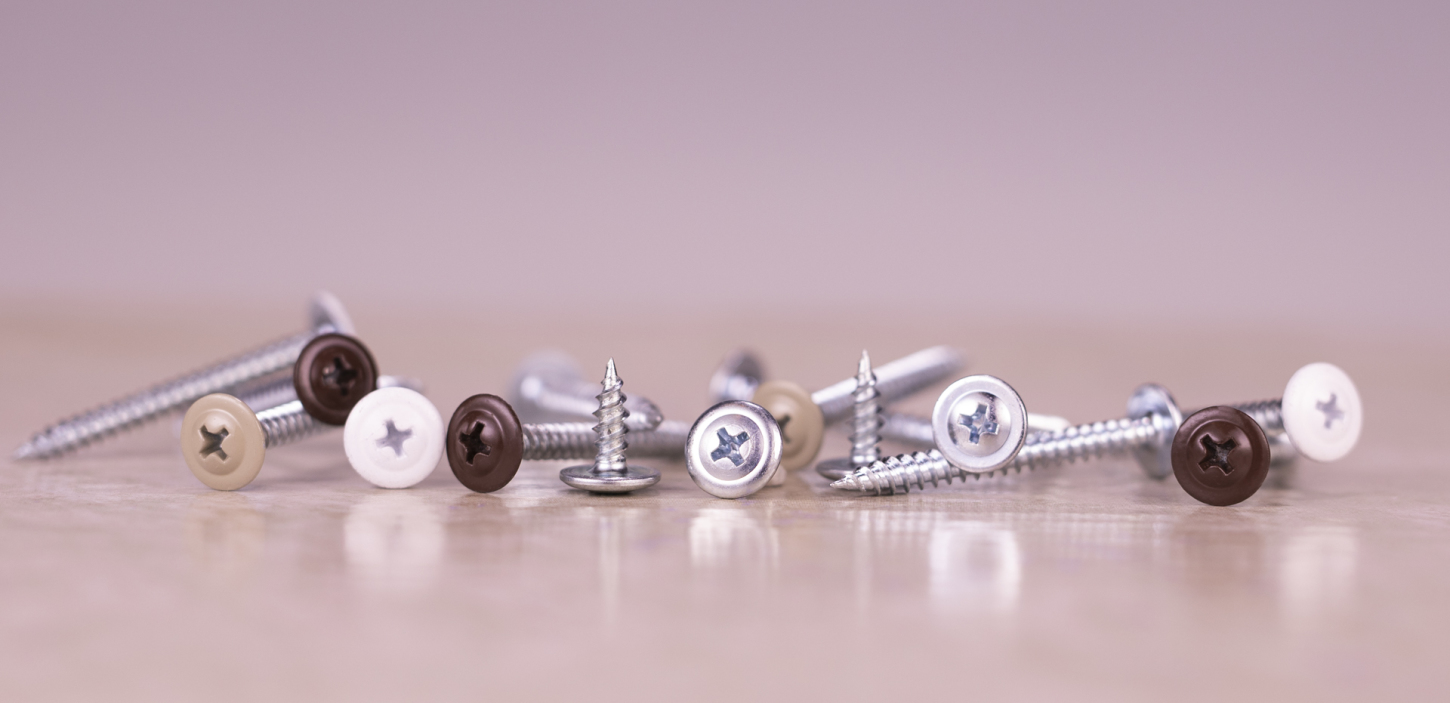Call us today! 800.483.6354
Call us today! 800.483.6354

Self-piercing screws, also known as “zip” screws, are a type of self-tapping screw that cuts its own threads. These screws come to a very sharp point, allowing them to work through materials like metal and wood.
A self-piercing screw can penetrate materials and create its threads simultaneously. They will ‘pierce’ through light gauge metal and do not require pre drilling.
There are two different types of self-tapping screws:
If you need piercing power and want to improve your project time, self-piercing screws might be right for you.
Self-piercing screws and self-drilling screws should not be used interchangeably. Though they’re often compared to each other or mistakenly considered the same, these two types of screws are quite different, and using one in place of the other can create potential issues. When you are gathering materials for projects, getting the right kind of screw makes a significant difference.
Self-drilling screws:
Self-piercing screws:
The critical difference between the two is the thickness of metal they are designed to be used with, as self-drilling screws can be installed quickly given their lack of need for a pilot hole in thicker metals. Overall, the two should not be used interchangeably, as they have different uses.
Self-piercing screws are preferred in situations where you are using light gauge metal – 30 to 26 gauge. You can use self-piercing screws for sheet metal like steel, aluminum and metal alloys. Self-piercing screws create a tight connection since they make their own path and have a fine, twinfast thread.
There are some self-piercing screws created explicitly for wood that minimize the chance of breakage. These have what’s called a Type 17 or auger point. There is a cut in the tip of the screw that allows displaced material to escape which prevents splitting the grain and damaging the surrounding material.
Self-piercing screws are also ideal for projects that require regular maintenance or when you are fastening two types of material together.
Depending on your project, you want to find the screw that will give you the best results. Save yourself the effort and contact us for a free quote or to find out more about our complete inventory. We can help you find the perfect fasteners for any project.
site by RobinSpurs.com